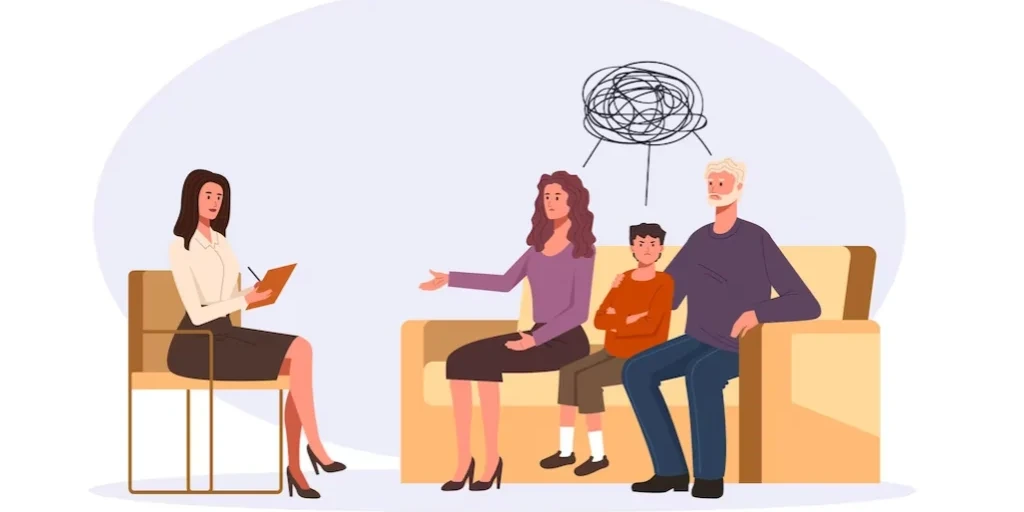24/7 Helpline:
(866) 899-221924/7 Helpline:
(866) 899-2219
Learn more about PTSD Treatment centers in South Canaan
PTSD Treatment in Other Cities

Other Insurance Options

Absolute Total Care

Horizon Healthcare Service

Highmark

Coventry Health Care

Multiplan

BHS | Behavioral Health Systems

ComPsych

State Farm

Private insurance

Magellan

Choice Care Network

United Health Care

Oxford

WellCare Health Plans

Optum

PHCS Network

Medical Mutual of Ohio

Molina Healthcare

UMR

Providence
















